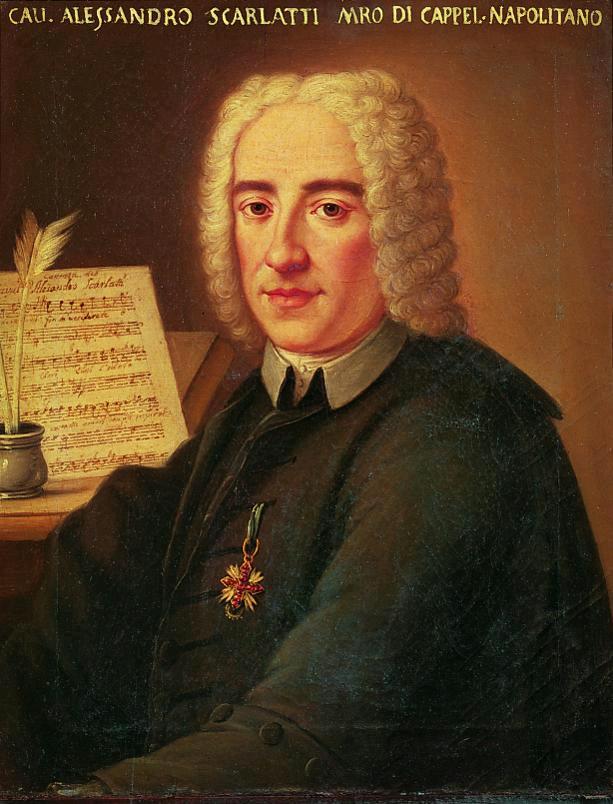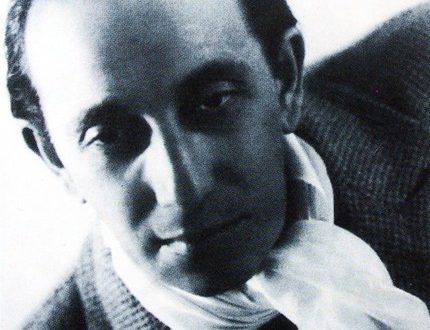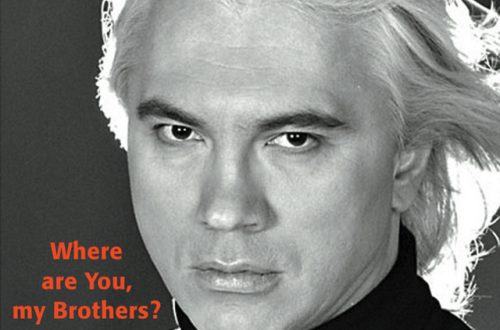
Alessandro Scarlatti |
Alessandro Scarlatti
The person to whose artistic heritage they are currently reducing … all the Neapolitan music of the XNUMXth century is Alessandro Scarlatti. R. Rollan
The Italian composer A. Scarlatti entered the history of European musical culture as the head and founder of the widely known in the late XNUMXth – early XNUMXth centuries. Neapolitan opera school.
The composer’s biography is still full of white spots. This is especially true of his childhood and early youth. For a long time it was believed that Scarlatti was born in Trapani, but then it was established that he was a native of Palermo. It is not known exactly where and with whom the future composer studied. However, given that since 1672 he lived in Rome, the researchers are especially persistent in mentioning the name of G. Carissimi as one of his possible teachers. The first significant success of the composer is associated with Rome. Here, in 1679, his first opera “Innocent Sin” was staged, and here, a year after this production, Scarlatti became the court composer of the Swedish Queen Christina, who lived in those years in the papal capital. In Rome, the composer entered the so-called “Arcadian Academy” – a community of poets and musicians, created as a center for the protection of Italian poetry and eloquence from the conventions of pompous and pretentious art of the 1683th century. At the academy, Scarlatti and his son Domenico met with A. Corelli, B. Marcello, young G. F. Handel and sometimes competed with them. From 1684 Scarlatti settled in Naples. There he worked first as bandmaster of the theater of San Bartolomeo, and from 1702 to 1702. – Royal Kapellmeister. At the same time he wrote music for Rome. In 08-1717 and in 21-XNUMX. the composer lived either in Rome or in Florence, where his operas were staged. He spent his last years in Naples, teaching at one of the city’s conservatories. Among his students, the most famous were D. Scarlatti, A. Hasse, F. Durante.
Today, the creative activity of Scarlatti seems truly fantastic. He composed about 125 operas, over 600 cantatas, at least 200 masses, many oratorios, motets, madrigals, orchestral and other works; was the compiler of a methodological manual for learning to play digital bass. However, the main merit of Scarlatti lies in the fact that he created in his work the type of opera-seria, which later became the standard for composers. Creativity Scarlatti has deep roots. He relied on the traditions of the Venetian opera, Roman and Florentine musical schools, summarizing the main trends in Italian opera art at the turn of the XNUMXth-XNUMXth centuries. Scarlatti’s operatic work is distinguished by a subtle sense of drama, discoveries in the field of orchestration, and a special taste for harmonic boldness. However, perhaps the main advantage of his scores is the arias, saturated either with noble cantilena or with expressive pathetic virtuosity. It is in them that the main expressive power of his operas is concentrated, typical emotions are embodied in typical situations: sorrow – in the lamento aria, love idyll – in the pastoral or Sicilian, heroism – in the bravura, genre – in the light aria of song and dance character.
Scarlatti chose a wide variety of subjects for his operas: mythological, historical-legendary, comedic-everyday. However, the plot was not of decisive importance, because it was perceived by the composer as the basis for revealing by music the emotional side of the drama, a wide range of human feelings and experiences. Secondary for the composer were the characters of the characters, their individualities, the reality or unreality of the events taking place in the opera. Therefore, Scarlatti also wrote such operas as “Cyrus”, “The Great Tamerlane”, and such as “Daphne and Galatea”, “Love Misunderstandings, or Rosaura”, “From evil – good”, etc.
Much of Scarlatti’s operatic music has enduring value. However, the scale of the composer’s talent was by no means equal to his popularity in Italy. “… His life,” writes R. Rolland, “was much more difficult than it seems … He had to write to earn his bread, in an era when the taste of the public was becoming more and more frivolous and when others, more dexterous or less conscientious composers were better able to achieve her love … He possessed a poise and a clear mind, more almost unknown among the Italians of his era. Musical composition was for him a science, “the brainchild of mathematics”, as he wrote to Ferdinand de Medici … The real students of Scarlatti are in Germany. It had a fleeting but powerful effect on the young Handel; in particular, he influenced Hasse … If we recall the glory of Hasse, if we recall that he reigned in Vienna, was associated with J.S. – Juan “”.
I. Vetlitsyna





